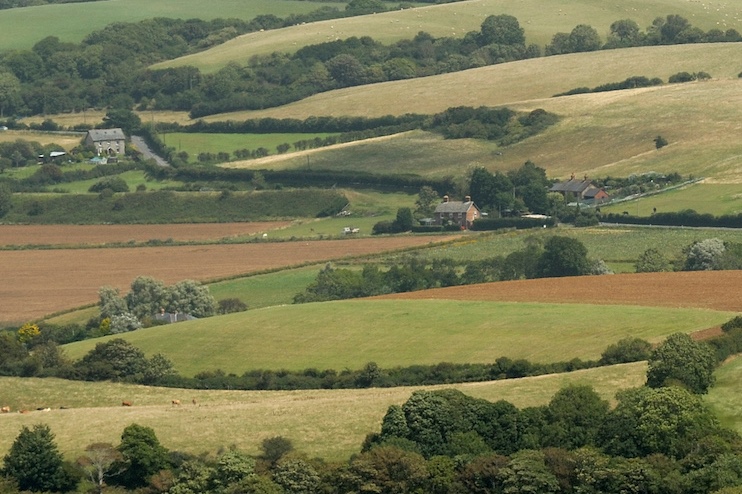11 Dec 2024

Tired Earth
By The Editorial Board

The proposals set out in the biodiversity net gain consultation are designed to ensure new developments are ‘nature positive’ – not just avoiding harm, but actually improving the natural environment.
Any impacts on biodiversity will have to be compensated for with natural habitat and ecological features beyond that which is affected.
Developments will have to be delivered in a way which helps to reduce and restore any biodiversity loss during the building phase, and also deliver a 10% boost to the area’s biodiversity.
The government has allocated £4m to help local authorities to prepare for biodiversity net gain requirements, which will become mandatory in November 2023, two years after royal assent of the Environment Act. The funding is expected to help planning authorities expand ecologist resources.
The consultation is asking developers, planning authorities, environmental professionals, landowners and other interested parties for their views on the details of how biodiversity net gain should be delivered when building new housing or commercial development.
It follows a previous consultation process in 2018 on the concept of making biodiversity net gain mandatory for new developments through the planning system. The responses to that indicated broad support for the proposals. This latest consultation is on the technical details, to shape secondary legislation and policy.
The proposals, produced by the Department for Environment, Food & Rural Affairs (Defra) with advice from natural England, are also designed to give ‘biodiversity net gain’ a specific meaning, removing scope for ambiguity.
Applicants for planning permission will have to include a biodiversity net gain plan with their applications, setting out: the pre-development biodiversity value of the site; the proposed approach to enhancing biodiversity on-site; and any proposed off-site biodiversity enhancements (including the use of statutory credits) that have been planned or arranged for the development.
Environment minister Rebecca Pow said: “The pandemic has reinforced how much our homes, communities and outdoor spaces mean to us. Our commitment to protecting and enhancing our natural world can and must go hand in hand with our ambition to build more high quality homes.
“Our plans to make sure new developments better protect and enhance wildlife and nature will create better places for people to live and work, and it will ensure we leave our environment in a better state for future generations.”
The consultation closes on 5 April 2022 and can be found at consult.defra.gov.uk.
Source : theconstructionindex.co.uk
Comment